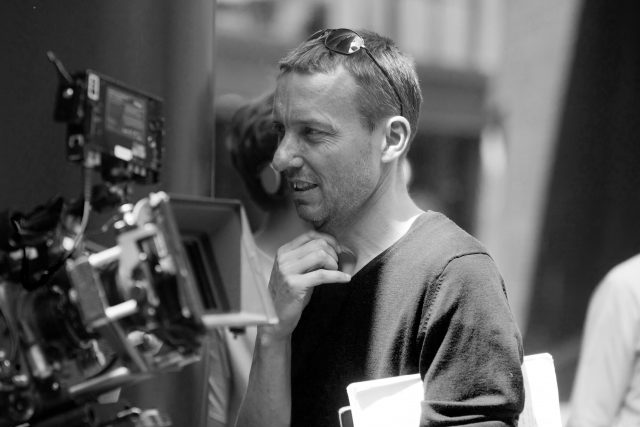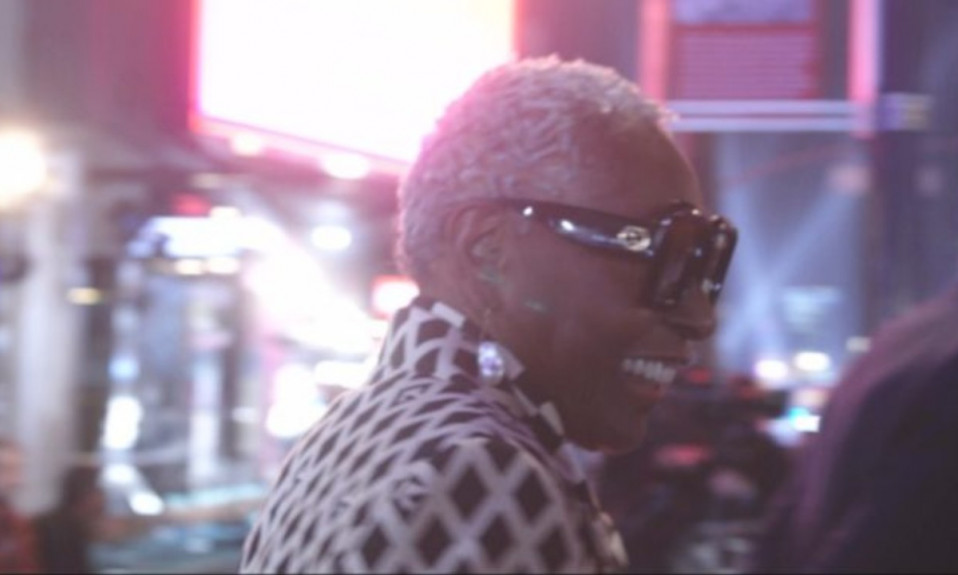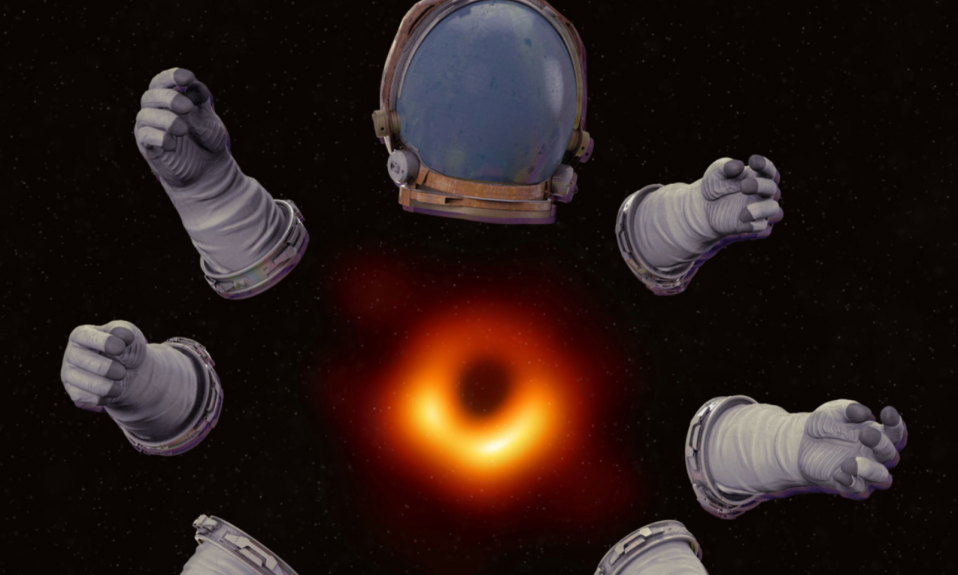Big Picture Film Club held a screening of psychological-thriller, Mile End , earlier this month. We had a brief Q&A with the film’s writer, director and creative architect, Graham Higgins.
Big Picture Film Club: What inspired you to create MILE END?
Graham Higgins: The idea for MILE END was inspired by real events when a jogger tried to high five me in the street and it started me thinking, what could have happened if I’d got to know him? I go running by the river in Limehouse, in east London where I live. I find that running is very liberating. It frees up your subconscious. So as I was running, this story which is very psychological would just come to me, and I would rush home and write it all down.
BPFC: Not to give too much of the plot away, but MILE END plays on the duality of the main character – what inspired this direction?
Graham: That’s the main question at the heart of the film – the enigma about the parallel lives of the two main characters. These two unemployed guys meet by chance while they’re out running and they become running mates. And they develop a bond, which is quite strange.
Many of us will have experienced that uncanny feeling when someone says something, the same thing we have just been thinking ourselves, and it’s curious how people can have the same thoughts at the same time. You could say it’s coincidence, but perhaps there is something else going on – something spiritual or an affinity between us that we don’t really understand.
During the story, three people are killed in strange circumstances and the film poses the enigma: what happened to them? The answer lies somewhere in the psychology of these two guys, and it’s up to the audience to decide what has happened.
BPFC: What aspect of the film do you think would surprise anyone who sees it?
Graham: MILE END is unique in that it’s my very personal take on what I call the ‘stranger danger’ thriller. People will be familiar with the genre from movies like ‘Single White Female’ where an innocent person meets a dubious stranger. But I’ve given it my own slant, which is to create a story that is deliberately ambiguous. People do find it refreshing that the film keeps them guessing and enjoy trying to figure out what has happened.
It’s also a very different take on the East End of London. There are no gangsters. It’s about an office worker who lives on the fringes of London’s banking zones, the City and Canary Wharf. He loses his job in the recession and goes running while he’s trying to get back into work.
The cinematography by Anna Valdez Hanks really captures the unique beauty of that washed out London light by the Thames, and also the ominous presence of the banking district of Canary Wharf which looms over east London. The music by Ed Scolding is very clever, you don’t feel like you’ve heard it before. One of the reviewers described the film as “beautiful and unsettling” and audiences have found it surprising that a film can have both those qualities at the same time.
BPFC: What are your plans for MILE END moving forward?
Graham: We’re currently submitting to international festivals, talking to distributors. The film premiered at Raindance where it was nominated for Best UK Feature, which was a great experience, so we’re looking forward to more festival screenings. We plan to have a limited theatrical release in independent cinemas next year and then digital release after that.
BPFC: Do you have any projects in mind for the future?
Graham: I have two other feature scripts I’ve written, set in east London. So the three films will be a loose ‘Limehouse’ trilogy. I’d like to make those over the next few years. I also have a drawer full of ideas for other features and a few books I’d like to adapt.
BPFC: How was the feedback from the film?
Graham: Amazing. Reviews have been really positive, picking up on the financial crisis theme, and also saying how “absorbing” and “compelling” the film is. The central performances by Alex Humes and Mark Arnold have rightly had a lot of praise.
One audience member described the film as “full of charm and darkness”, and I think audiences have really found it intriguing and gripping. It’s what I would call a European-style psychological thriller, and people have definitely come out feeling very affected by it. The suspense really ramps up as you go deeper into the story and you do notice audiences going very quiet as they’re drawn in.
Big Picture Film Club would like to thank Graham Higgins , and the entire cast and crew of Mile End. Look out for future screenings!
Follow Mile End on Twitter: @mileendmovie
Follow Big Picture Film Club on Twitter: @BigPicFilmClub














